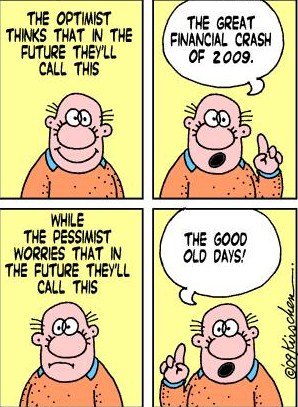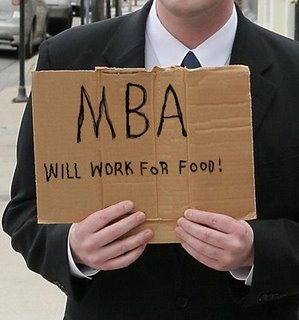I came across an article this week written by Ben Elowitz that is worth sharing. Elowitz is the co-founder of Blue Nile, a publically-traded online jewelry retailer, and now heads a media company called Wetpaint.
In the article, Elowitz comments on recent data which demonstrates that the internet (ie. the traditional web) has peaked and is now shrinking. Here is the data he presents in the article:
“When you exclude just Facebook from the rest of the Web, consumption in terms of minutes of use shrank by nearly nine percent between March 2010 and March 2011, according to data from comScore. And, even when you include Facebook usage, total non-mobile Internet consumption still dropped three percent over the same period.
We’ve known that social is growing lightning fast – notably, Facebook consumption, which grew by 69 percent; but now it’s clear that Facebook is not growing in addition to the Web. Rather, it’s actually taking consumption away from the publishers who compete on the rest of the Web.
And just what is the rest of the Web?
I have been calling it the ‘document Web,’ based on how Google and other Web architectures view its pages as documents, linked together. But increasingly, it might as well be called the ‘searchable Web’ since it’s accessed predominantly as a reference, and navigated primarily via search.”
So, if the traditional web is shrinking, what is growing? As the chart shows, Facebook has continued to increase in scope and influence. In addition, the use of mobile access technologies and video (as opposed to text and graphics used in the searchable web) also continue to proliferate.
What does this mean for the real estate industry? I think it is ironic that the real estate industry began and flourished for many years by being social...not social in a digital sense, but rather the “good old days” of having actual friends, business associates, and trusted network contacts that comprised a legitimate sphere of influence.
As long as information flow was restricted, this traditional social business system worked well. In fact, some of the most successful pioneers in the real estate world were the true innovators who learned to leverage and scale this social way of doing business. This was no easy task. It took real talent, skill, and business acumen to build and operate real estate companies that had hundreds (or sometimes thousands) of agents.
But, over the last decade, the traditional social business system has started to erode. The erosion probably started with the creation of the MLS, but it was truly powered by what Elowitz calls the “searchable web.” With large databases becoming accessible to the public via search technology, the pendulum started to swing from a socially-powered business model, to a decidedly data-driven (or transactional) framework. If the consumers have the data and can use that data to gain knowledge, the value of the social connection is diminished.
To most of you, the description above is not news. You’re well aware that the real estate business framework has changed. The question now is what to do about it. How do you successfully compete in this new environment?
Elowitz is making the point that you probably don’t need to worry about it. The “searchable web” has peaked and will surprisingly swing back to where the real estate industry originally started—a social business system.
“Something larger is afoot, and it’s not about science or technology. Rather, as human beings, we have changed how we fit the Internet into our lives. And the nature of the Web is changing to match. The old searchable Web is crashing; while the new connected, social Web is lifting off.
In the last year, Facebook’s share of users’ time online grew from one out of every 13 minutes of use nationwide, to one out of every eight. In aggregate, that means the document Web was down more than half a billion hours of use (that’s more than 800 lifetimes) this March, versus last March. And in financial terms, that represents a lost opportunity of $2.2 billion in advertising inventory that didn’t exist this year.
The change in the Web’s direction is a clear indication to me that we aren’t just in the midst of a boom for new interaction modes, but rather a generational overhaul of the Internet.
What replaces the declining searchable Web is a new and “fully connected” digital life. You may have heard this before. After all, the promise of the Web was to connect pages with hyperlinks. Well, this time, 'connected' means much more. It means the Web connects us, as people, to each one of the individuals who’s online; and those connections, ultimately, extend from one of us to all of us.”
The real estate industry grew, flourished, and became one of the largest influencers in the United States economy by understanding the power of the social business model. So, here's a question for you: Will it happen again? It’s a new set of tools and technologies this time around, but many of the fundamental things about human nature remain unchanged...
Editor's Note: This article was written by Ben Hess. Ben is the Founding Partner and Managing Director of Tidemark, Inc. and a regular contributor to WorkPuzzle. Comments or questions are welcome. If you're an email subscriber, reply to this WorkPuzzle email. If you read the blog directly from the web, you can click the "comments" link below.





















